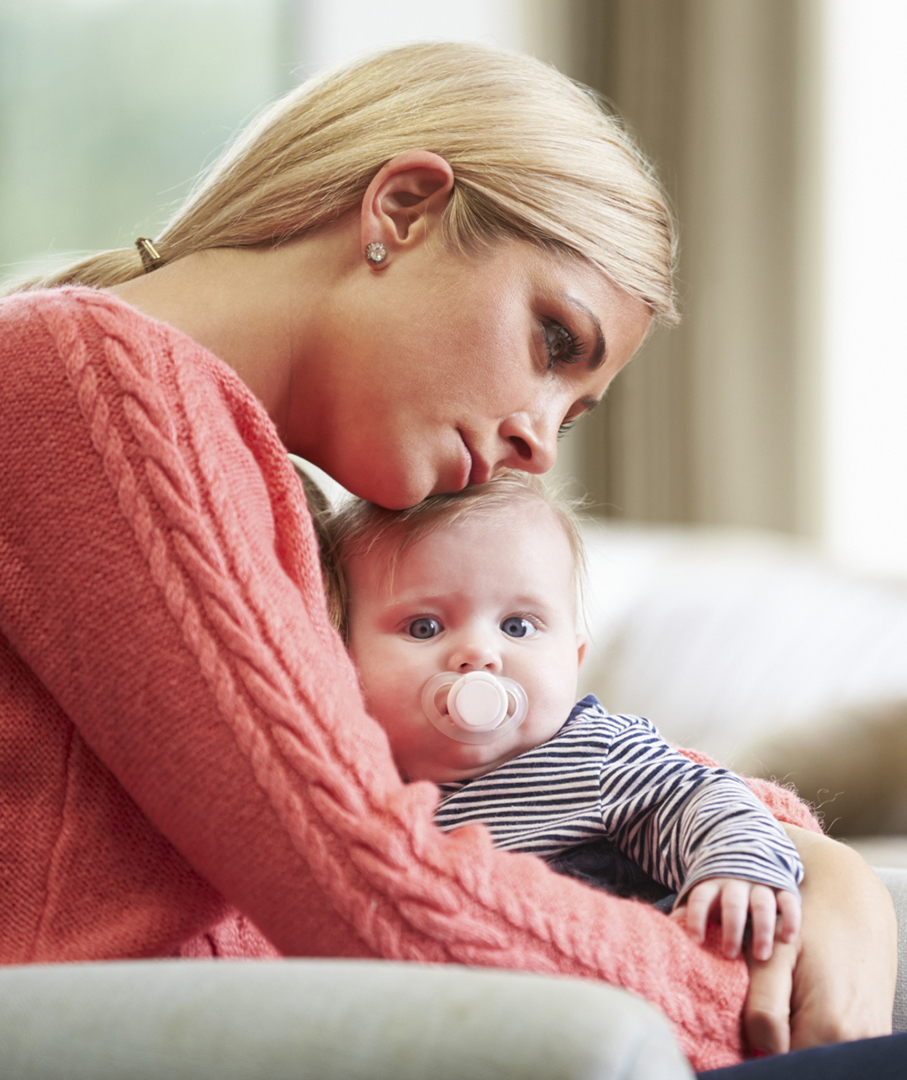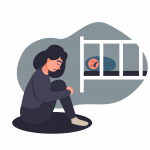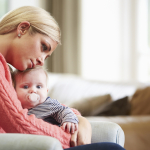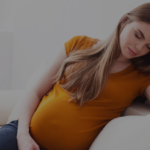Various studies have demonstrated that women with histories of either bipolar disorder or postpartum psychosis are at high risk for postpartum relapse. While we recognize the risk as being “high”, estimations of the risk for relapse vary widely.
For example, a Swedish birth register study estimated the risk for postpartum relapse to be 8.5% among patients with bipolar disorder, whereas an Italian retrospective cohort study found a relapse rate of 75% in unmedicated patients with bipolar disorder. Similar discrepancies have been seen in estimations of risk for relapse in women with histories of postpartum psychosis. For example, a prospective cohort study from the Netherlands reported a relapse rate of 14% in women with isolated postpartum psychosis (Bergink et al, 2012), whereas the relapse rate was 58% in a retrospective cohort study from the United Kingdom (Blackmore et al, 2013).
In an effort to better quantify the risk for postpartum relapse in these two populations of women, Wesseloo and colleagues conducted a meta-analysis, which included 37 articles reporting on a total of 5,700 deliveries in 4,023 women.
Among women with histories of bipolar disorder, the risk of postpartum relapse was 37%. In women with histories of postpartum psychosis, the risk of postpartum relapse was 31%. However, when the researchers looked at risk for severe episodes, patients with bipolar disorder were significantly less likely to experience severe postpartum illness (17%, 95% CI=13, 21) than women with histories of postpartum psychosis (29%, 95% CI=20, 41). Insufficient information was available to determine relapse rates for women with bipolar disorder and a history of postpartum illness.
Not surprisingly, postpartum relapse rates were significantly higher among those who were medication free during pregnancy (66%, 95% CI=57, 75) than those who used prophylactic medication (23%, 95% CI=14, 37). For women with histories of postpartum psychosis, five studies provided information on pharmacologic treatment during the peripartum period. During pregnancy, all patients in these five studies were medication free. Lithium initiated after delivery was effective in reducing the risk for relapse.
These findings are consistent with previous studies showing that women with histories of bipolar disorder or postpartum psychosis are at high risk for relapse during the postpartum period. The authors notes that about one-third of these women experience a postpartum relapse; however, this number may seem low to many because it reflects relapse rates in both medicated and unmedicated women. The findings clearly demonstrate that in women with bipolar disorder, continuation of prophylactic medication during pregnancy appears highly protective for maintaining mood stability and reducing the risk of postpartum relapse. In women with a history of isolated postpartum psychosis, initiation of prophylaxis immediately after delivery minimizes the risk of relapse while avoiding in utero medication exposure.
Ruta Nonacs, MD PhD
Wesseloo R, Kamperman AM, Munk-Olsen T, Pop VJ, Kushner SA, Bergink V. Risk of Postpartum Relapse in Bipolar Disorder and Postpartum Psychosis: A Systematic Review and Meta-Analysis. Am J Psychiatry. 2016 Feb 1;173(2):117-27.








Leave A Comment